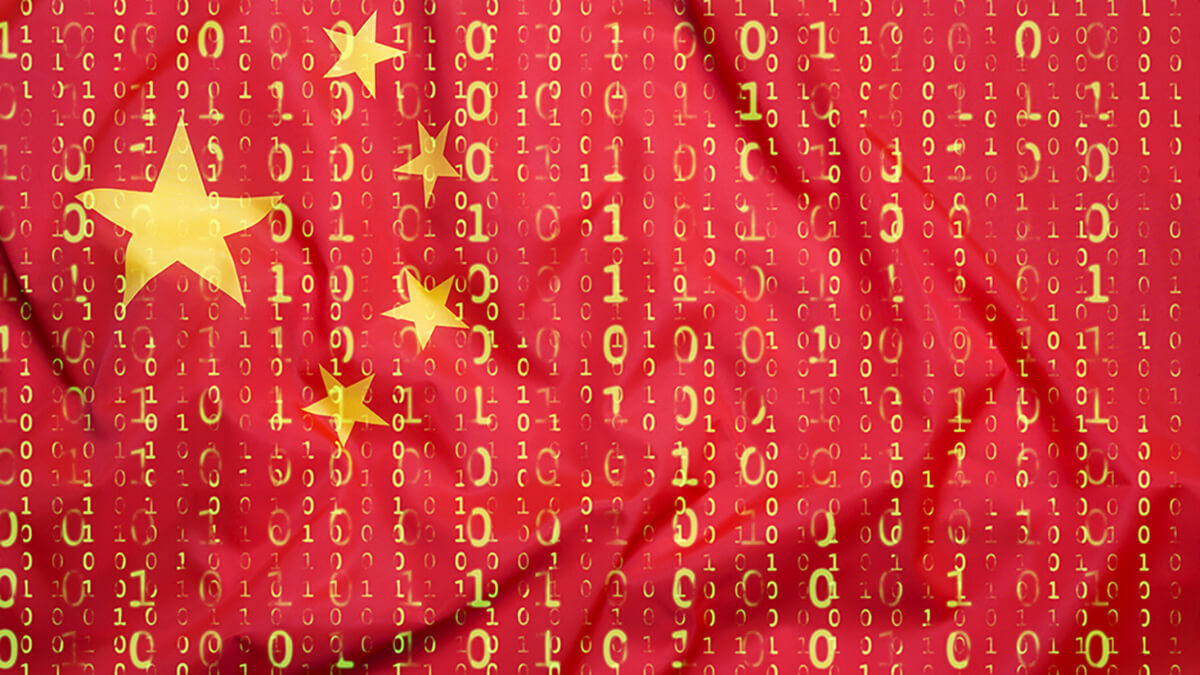Australian news outlet ABC has discovered the Australian police investigation into Chinese diplomats that incensed the Chinese government and prompted it to launch intimidating counter-investigations against Australians in China.
It has emerged that the Australian Federal Police (AFP) and the Australian Border Force (ABF) had kept an eye on the communications of Chinese diplomats in Australia as part of an investigation into whether the Chinese consulate in Sydney had conspired to “infiltrate the Labor Party and influence voters”.
Among those under surveillance was Sydney Consul Sun Yuntao, who was appointed by the Overseas Chinese Affairs Office to engage with Chinese Australians. In addition, it is also though that Australian citizen John Zhisen Zhang, a policy adviser to New South Wales MP Shaoquett Moselmane.
Moselmane’s office was allegedly infiltrated by Chinese agents, and has consequently been kicked out of the Labor party; he may also be suspended from parliament. The MP has travelled to China at least 15 times, frequently attended Chinese cultural events in Australia, and even described his “great fascination” with the “great nation with a great history and great people” in 2017.
It is thought that these investigations precipitated China’s crackdown on Australians in China. In fact, Australia has warned citizens against travel to mainland China and Hong Kong, saying that they risk being arbitrarily detained through the “arbitrary enforcement of local laws”. At the same tim,e the federal government advisory also says: “If you’re already in China, and wish to return to Australia, we recommend you do so as soon as possible by commercial means.”
It is against this backdrop that Australian diplomats in China worked to secure the return of two Australian journalists, The Australian Financial’s Mike Smith Review and ABC’s Bill Birtles, after they were named in a “national security case”. In fact, Australian journalist Cheng Lei was arrested just a few days earlier.
Reports of Australian surveillance are interesting as, leaked documents show that 2.4 million Australians and 650,000 organizations were under surveillance by a Chinese company with clear links to China’s intelligence agencies.
Furthermore, in June, Prime Minister Scott Morrison said that all levels of Australia’s government have been subjected to cyberattacks over the last few months. He said that attacks were also launched against “education, health, essential service providers, and operators of other critical infrastructure”. He was under no doubts that it was a “state hack”, due to the “scale and nature of the targeting and the trade craft used”. While he refused to make “any public attribution”, it is widely assumed that he was referring to China when he said: “There are not a large number of state-based actors that can engage in this type of activity.”
China, for its part, has issued similar allegations against Australia, saying that the Morrison-administration has indulged in an “intensifying espionage offensive” by “sending agents to China to spy, gather intelligence and recruit” local agents and defectors. It has also accused Australia of spying on Chinese students and organizations in Australia. It also takes aim at Fen Chongyi, a China studies professor at the University of Technology Sydney, accusing him of being an “informant to Australian security intelligence agencies”.
Australia Investigating Chinese Diplomats for Political Interference
Australian Federal Police (AFP) and the Australian Border Force (ABF) have maintained surveillance on Chinese diplomats and organizations in the country.
September 16, 2020

IMAGE SOURCE: THE DAILY SWIGReports of Australian surveillance are interesting as, leaked documents show that 2.4 million Australians and 650,000 organizations were under surveillance by a Chinese company with clear links to China’s intelligence agencies.
